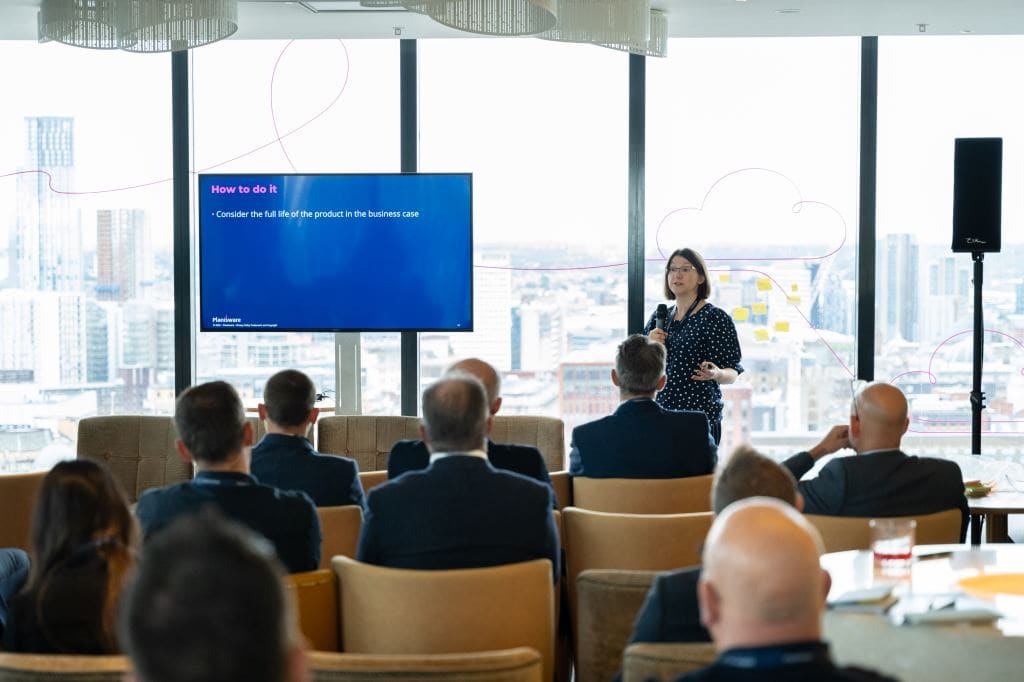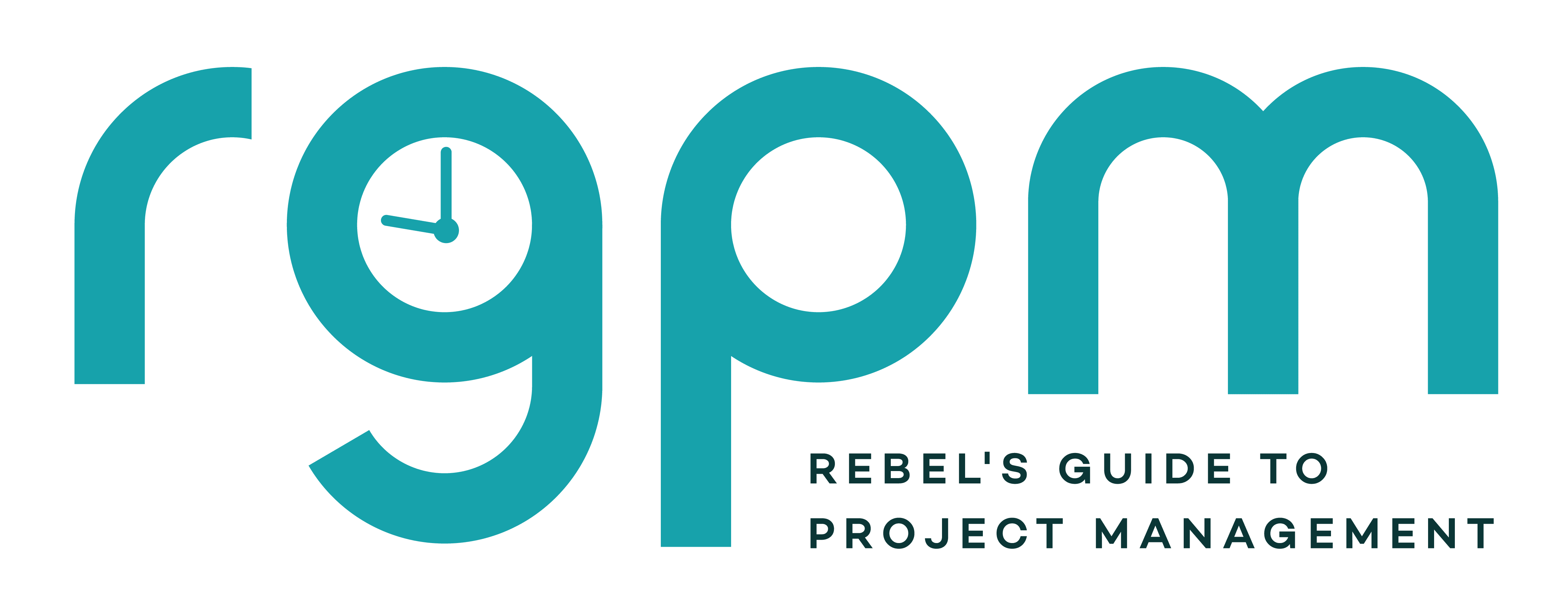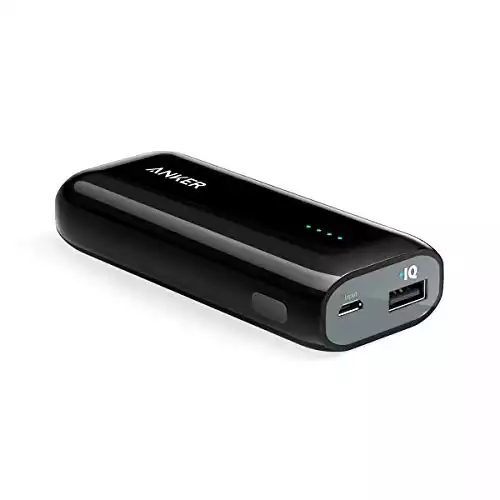20 Practical tips to get the most out of attending a conference
This blog is reader-supported. When you purchase something through an affiliate link on this site, I may earn some coffee money. Thanks! Learn more.
It’s conference season (isn’t it always? — there’s always something happening) so time to dust off your networking skills and get prepared for your industry conference.
I’ve attended industry conferences for over 20 years as a delegate and speaker, met some amazing people and learned a lot.
Conferences are a great way to boost your professional development and get exposure to new ideas. It’s been so long since I was a conference rookie so here are my tried-and-tested ways to maximize attending a conference.
Get conference ready
The more preparation you put into any event before you go, the more you will get out of it, whether that’s a small social gathering at work or a huge industry congress.
You make a big investment in going to conferences so it helps to do a bit of thinking and planning about how to benefit while you’re there. Here are some helpful tips to help you prepare for attending an in-person professional conference.
Which conferences should you go to?
Check out these professional conferences for project professionals.
Project management events in the US and Canada
Project management conferences in Europe
Project management conferences in the UK
Project management conferences in Asia, Oceania and Africa
My listings are updated regularly so you’ll be sure to find something that interests you for this year.
Before you go
You already know to wear comfortable shoes and take layers, right? Conference venues can be on the cool side with the air conditioning. Here are some more of my top conference tips.

1. Pack light
What should you bring to a professional conference? My advice for conference success is to take the minimum amount of stuff with you.
Take a small notebook. I love this Moleskin notebook but a cheaper spiral bound notebook is also a good option as it lies flat on your lap while writing.
Any good conference organizer will provide copies of slides and blank paper for notes but you want to have something to write your own notes on when not in a session.
Don’t load yourself up with unnecessary things and keep your handbag small.
One exception to that rule: if you are going to a big event where there will be an exhibition hall full of stands, pack a fold-away bag for all your freebies and documents. You won’t be able to walk past a stall without getting a host of leaflets (and samples if you are lucky) thrust at you.
Even if you are just going to a day of sit-down lectures, there will still be lecture notes, pens and company flyers for you to take away.
2. Charge your gadgets
If you are going to take notes on a tablet or expect to tweet live from the event using your phone, make sure they have enough power. Being tethered to a power socket in the corridor of a hotel is not a good look.
You want to get the most out of the conference, so you don’t want to be stuck at the charging station when you could be networking!
Recommended slimline portable battery pack and charger for most types of phone, iPad and tablet. Handy for working on the go!
3. Review the schedule
Save yourself time on the day by working out which presentations you want to see. This is especially important if your conference has multiple tracks (or streams).
Review the schedule. Research the topics or the speakers. Plan your conference day around the events that you most want to see and be prepared to be flexible about the others.
If you don’t see anything on the schedule that inspires you, take the hour off. It’s OK to sit in the lounge area, peruse the exhibition hall or get to the front of the coffee queue while everyone else is in presentations, as long as you still feel you are getting value for money from the day.
Conferences are an investment in yourself and your career. Don’t waste them.
4. Review the conference map
Take a look at the plan of the building, if this is available in advance. It might not be available early as often stalls change up to the last minute. Whenever you get a brochure with the floorplan in, study it carefully!
Take a look at where everything is. Look out for the size of the rooms: the smaller the room, the earlier you should get there if you absolutely must see a particular speaker. When the room is full, you’ll probably be turned away.
Check out where the tea and coffee stands are too as often people go to the one nearest the main doors and don’t realize there is no queue at the stand at the back!
5. Get business cards (go digital!)
One important step for preparing for a conference is to get a business card (or someway of telling people who you are) if you don’t already have them. You meet a lot of people at conferences, even if you are introverted like me and generally try to avoid small talk!
I know what you are thinking — who does business cards any more?
You don’t need many paper-based business cards but there are sometimes competitions where you drop your card in a bowl, and there are sometimes people you meet in the queue or at lunch and you want to pass on your details.
Pack business cards to hand out at every (relevant) opportunity, and so you don’t look out of touch when someone asks for yours while giving you theirs.
Mine are from Moo and they are very good quality and I have uploaded lots of pictures to go on the back. They are also handy to drop into free prize draws if you accept the fact you will then get email newsletters from the company forever and a day (unsubscribe as soon as you can if you don’t find them interesting – there is no shame in just entering the contest for the free stuff).
When you are given a business card, write a description of the person on the back (when they aren’t looking, obviously) so that when you get home you have a fighting chance at remembering who was who.
If you don’t get given a business card because, you know, the world is digital now, you might want to make a note somewhere else about what you talked about or why you want to get in touch after the event.
Alternatives to business cards
- Make yourself a QR code that points to your website or LinkedIn profile and have people scan that.
- Have your LinkedIn profile or website as a shortcut on your phone so you can quickly open it and show it to someone — then they can find you online on their device.
- Let people take a photo of your name badge.
6. Connect with the speakers
Look up who is going to be speaking at the event and connect with them on social media.
Make yourself known to them (not in a creepy way) and let them know that you will be at their talk.
If you have a book by any of the speakers, pack it and ask them to autograph it on the day!
7. Check the vendor list
Go through the event information and check out what companies are exhibiting. Even small events normally have a few stalls — these are often event sponsors.
If there are any companies that interest you, get in touch with them via their contact details or social media to line up some time for you to stop by their booth.
If you can’t get in touch beforehand, make yourself a reminder to stop by their stand early in the day while most people are still browsing or getting coffee.
8. Make a hit list
Here’s my top networking tip for attending a conference: prepare a hit list of who you want to meet or spend time with.
Conferences aren’t only about the presentations. You’ll also have coffee breaks, lunch and movement between groups to find yourself pressed into talking to strangers.
Chatting to them is networking (and you can read here why networking is important for your career) so plan in advance who you want to talk to.
It might sound daunting, but the alternative is hanging out with the colleagues you attended with and see every day anyway – not much new to learn from them. Or being the loner in the corner – nothing wrong with that either, and I do like to build some ‘alone’ time into my conference days, but too much of that turns into a wasted opportunity.
Before the event, you’ll be able to see the speaker list and many people will be sharing whether they are attending or not on their social media pages. Or you could just ask if they will be there – email or tweet them.
Conferences are a great opportunity to meet people you’ve only chatted to on social media and prearranged meetings like that give you something to do in the breaks.
Make a list of the people you want to see and warn them in advance that you’ll be seeking them out!
9. Prepare conversation starters
OK, it sounds a bit fake, but have a few things you can say to strangers. Especially if you are a conference introvert.
You’ll be fine talking to the people you’ve planned to talk to, but for the extras you find yourself sitting next to, have a few non-controversial things to say.
Download my list of professional conversation starters and plan your elevator pitch.
Jan Keck, a facilitator I learned a lot from, advises avoiding the small talk and moving to deeper conversation topics, so you’ll have to decide if that’s a better strategy for you.

10. Find the conference hashtag
There will be a conference hashtag — find out what it is and start using it a week or so beforehand so you can connect with other attendees.
The hashtag is also a useful way to stay updated on last minute changes.
11. Book into social events
Sometimes there will be pre-event social events, like a Fringe. These are often paid-for events that need to be booked.
For example, when I went to a conference in Brighton, there were events the day before that included yoga workshops (nothing to do with the subject of the conference, but a nice way to relax by the sea and meet people from the conference) and trips to the pub.
At the PMI conferences, there are often pre-event nibbles and drinks mixers in the exhibition hall where you can start to socialize with your fellow attendees. I’ve never had to book for those.
Exhibitors and event sponsors often organize social events too. If you’re a client of theirs, you might get an invite to an exclusive event.
12. Book into workshops and extras
As well as the pre-event social events, there are often workshops and conference pre-meetings the day before or the day after. These sell out quickly as the sessions are often aimed at small groups.
They might be formal events, or they might be led by influencers, trainers, exhibitors or anyone else who wants to take advantage of the fact that a lot of industry people are in the same place and it’s a good opportunity to run an off-conference session.
Book into those (and pay) in advance so you don’t miss out.
13. Download the conference app
The events I have been to recently have had a conference app, and it has been good. It keeps the conversation on topic and off Twitter/X so it is all in one place.
If there is an app, get it. I also like that the app I used at the last conference sent me alerts about the sessions I was signed up for.
Select what sessions you want to go to and the app will alert you when they are starting — helpful if you are chatting away to someone or still eating lunch.
14. Stay close — but you don’t need to be in the conference hotel
A while back I went to a conference in Toronto and I wasn’t staying in the conference hotel. It was a bit weird, having to walk back to my hotel each evening, but I got a much cheaper room and a wider range of food options.
Generally, I do prefer to stay in the conference hotel as it is easier to get to the events, most people stay there so you’ll be able to chat, and you don’t have to worry about the single-woman-travelling-alone walk back when the day finishes.
In Fort Worth I didn’t stay in the conference hotel for the PMI event there, and it looked close enough to walk on the map, but it absolutely was not.
There were no pavements (do people walk less in the US?) to the venue and it was way too hot. I got a taxi every day but it was still cheaper than if I had paid for the conference hotel.
If your employer is paying, I would recommend asking to stay in the event location. Make the most of early bird rates and take your exercise kit for the hotel gym or spa!
On the day
OK, you’ve arrived at the event. Check in with the conference team. Collect your badge, find the toilets and coffee and take your coat to the cloakroom. Remind yourself of your conference goals: why you are here and what you want to learn.
Ready now? Here are the things I do to make the most of the conference experience.
15. Wear your badge
Make it easy for people to start a conversation with you. Wear your name badge with pride. Social situations are often awkward enough as it is and the badge can help you connect more easily with others, and them with you.
Women, wear a neckline that’s appropriate for people looking at your chest all day if it’s the type of badge that pins on.
Pro Tip: If your badge is on a lanyard consider tying a knot in it to make it shorter so it doesn’t dangle round your middle. That’s a tip for short people like me 🙂
Never pin your badge to your waistband – no one will be able to see it which makes it harder for them to start conversations with you.
16. Edit your badge
It’s OK to take your badge out of its plastic holder and write something on it. I have added my Twitter handle (@rebelsguidetopm) to many a conference badge. If the details on your badge are pretty meaningless, add something else, like your department.
Write big though, those badges are hard enough to read as it is.
The point of displaying your name badge is to make it easy for people to start chatting, and for them to see if they have anything in common with you. Much of the benefit of conferences is in the informal networking.
17. Give out your contact details with care
You’ve made your QR code (or packed your physical business cards), so use them. But don’t force them on people. My rule is that if someone asks for my contact details then I will hand them over.
I don’t offer my details routinely to people I meet in the lunch queue because I know that if it was me I wouldn’t want to receive them.
This is also where I tell people to avoid the sales pitch because — urgh — just don’t. If you’re invited to share more information, go ahead, but don’t assume people want it.
Have your phone available too so you can snap a picture of their name badge and then look them up later to connect on LinkedIn.
18. Work through your hit list
You should have made a list of the exhibitors you want to see before you left home. It saves you valuable time when you arrive, especially if the exhibition floor is large.
Now’s the time to go and visit the stands of the companies you have highlighted.
First check that they have actually turned up. I normally do a sweeping tour of the exhibition hall to see who is there, then I can plan who to go back to. Use the floor plan in your conference program to tick off the stands you have visited.
If you’ve arranged to meet anyone at the conference, tweet or text them to let them know that you’ve made it and to confirm details.
I have sent someone a selfie before so that they knew who they were looking for – event rooms can be quite crowded so make it as easy as possible for someone to find you in the conference environment.
19. Bail out of the wrong presentations
You’ve chosen your sessions and you’re sitting in a presentation. The speaker begins and… you realize that this is nothing like you expected.
It’s not pitched at the right level for you. You aren’t going to learn anything. Or the speaker is talking about something really interesting but in a delivery style that is going to have you asleep in the next 5 minutes.
Get up. Walk out. Speakers are used to it and won’t take offense. You’ve made the investment to come to a conference and you owe it to yourself to get the most out of your experience. That doesn’t include sitting through talks that aren’t your thing.
Find another speaker in another room and sneak in at the back!
I used to find it really awkward to go to conferences, but over time I’ve picked up some tricks and tips that make it much easier. If you struggle to network at events, I can help. Book a call with me and we can talk about any project management and professional career challenges you are having.
20. Jot down your key takeaways
I used to think people were rude when they didn’t look up at the presentation, but these days as a speaker it’s common to look out at the audience and see them all on their phones.
Some people even bring tablets to jot things down on. I like to think that when I’m speaking at events it’s because they are writing down their key ideas from my talk, not Facebooking their buddies. But I’ll never know!
Tips for attending virtual conferences
I attended a virtual conference from an AirBnB because I wanted to focus on it, and it was running on Canadian time and was super late for me. Here are some quick tips for attending virtual events.
Plan the same way: Make sure you know what time your sessions are on and which ones you want to dial into.
Manage your energy levels: Virtual events are harder on your energy as there is nothing around you to keep you going. You’ll get distracted by life and emails, so plan for that, especially if the event is not in your own time zone.
Use the apps and connection tools: Participate in the chat, do all the gamified exercises even if they seem lame, tag and share and ask and answer questions. It keeps you engaged and that will help you learn and optimize your conference experience.
Virtual events are not noisy gatherings so are a good option if you feel like you couldn’t cope with attending an event in person.
Conference FAQ
What is the dress code for a professional conference?
Check your joining instructions. Most will be smart casual. You could be in an air conditioned building to take a sweater or wrap in case you are cold.
What should I bring to a conference?
Bring a notebook and a couple of pens, business cards, a list of who you want to meet or stands you want to visit, your phone and charger and a big smile!
What do I do after attending a conference?
Follow up with the people you met. Send out LinkedIn invitations if you want to keep in touch with them. Compile your notes from sessions and share key learnings with your team.

